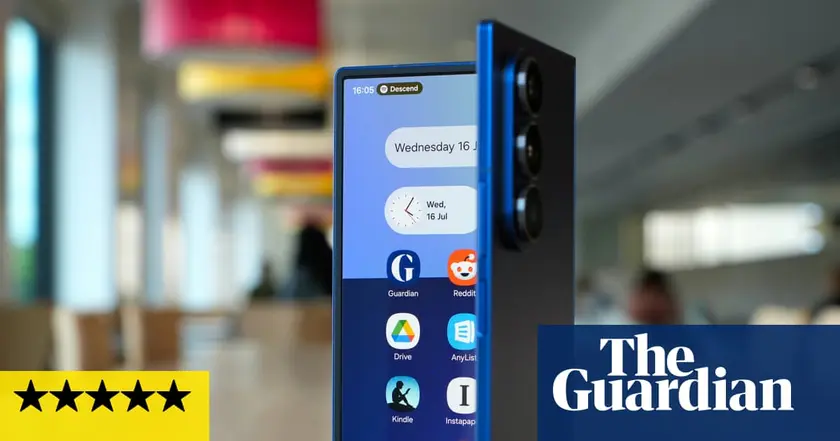T4K3.news
Snapdragon 8 Elite 2 tops Geekbench tests
Qualcomm's новый flagship chip shows strength in early benchmarks, but questions loom for Exynos 2600 and Samsung's chip strategy.
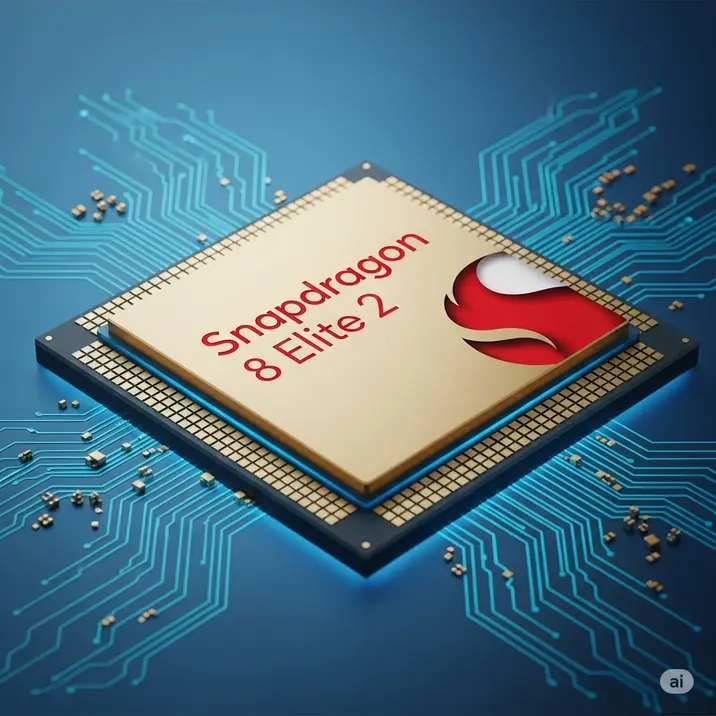
The Geekbench appearance of the Snapdragon 8 Elite 2 signals strong performance but raises questions about Samsung's Exynos 2600 readiness.
Snapdragon 8 Elite 2 Geekbench debut tests Exynos 2600
After months of leaks, the Snapdragon 8 Elite 2 appeared on Geekbench alongside Samsung's Galaxy S26 Edge sample. The test results list a single core score of 3,393 and a multi core score of 11,515 on Geekbench 6.4. The chip uses the same 6 plus 2 CPU layout as the original Elite, with a boost clock that can reach around 4.74 GHz. The pre production sample in the test runs at about 4.0 GHz, a sign that real speed is higher on final hardware. The Galaxy S26 Edge sample is reported to run Android 16 with an early One UI 8.0 build and has 12 GB RAM.
Key Takeaways
"Benchmarks are a guide not a guarantee"
Comment on benchmark limitations
"A faster chip on paper matters less if the device heats up"
Real world performance matters as much as speed claims
"Samsung faces a tough call between own silicon and partner chips"
Industry strategy and foundry implications
The benchmark shows where Qualcomm is aiming speed gains, but it does not tell the full story of real world use. A pre production sample can hide heat and power constraints that matter to daily performance. Consumers care about how the device behaves over time, not just a single score.
Samsung appears to lean on Snapdragon for flagship performance, a move that could simplify supply and enhance speed but also deepens questions about its own silicon roadmap and its foundry business. If many high end Galaxy phones rely on Qualcomm, Samsung faces pressure to defend its chip strategy with clear results and steady software support.
Highlights
- GHz on paper hides the real day one experience
- Benchmarks are a guide not a guarantee
- Foundry plans ride on how Exynos stacks up
- Real world use decides a flagship fate
Samsung foundry risk as Exynos 2600 faces benchmark pressure
The mixed results around Exynos 2600 and the shift toward Snapdragon for flagship devices could affect investor confidence and Samsung Foundry's roadmap if the strategy persists across major Galaxy models.
The next wave of tests will reveal if the early numbers translate into lasting consumer value.
Enjoyed this? Let your friends know!
Related News
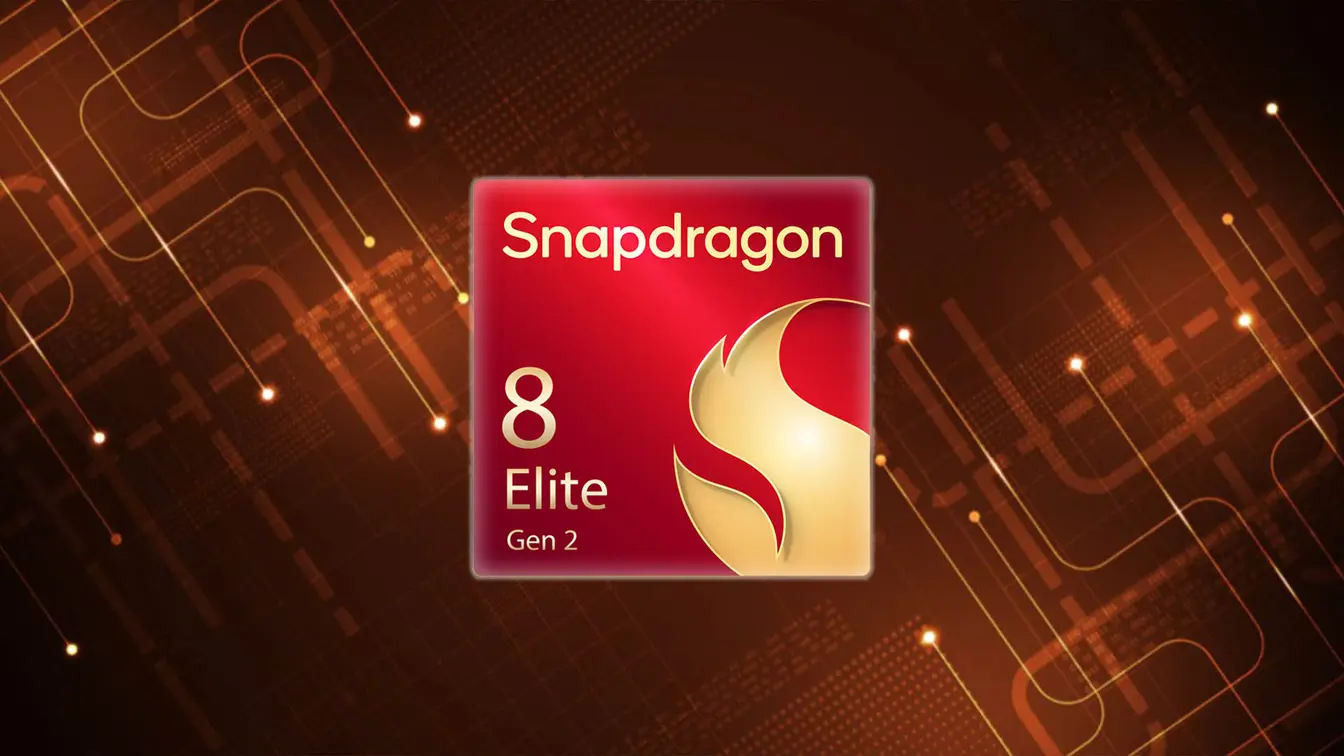
Snapdragon 8 Elite Gen 2 Scores Shown
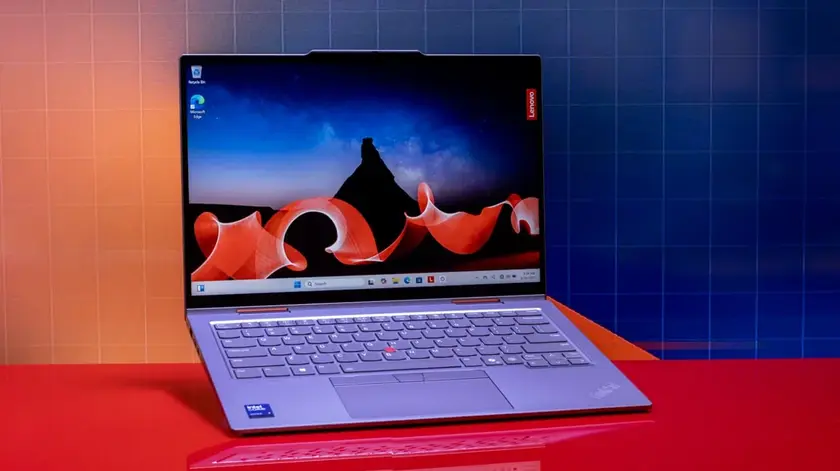
Aura Edition ThinkPad 2-in-1 faces price and brightness drawbacks

Nothing Phone 3 Review Released
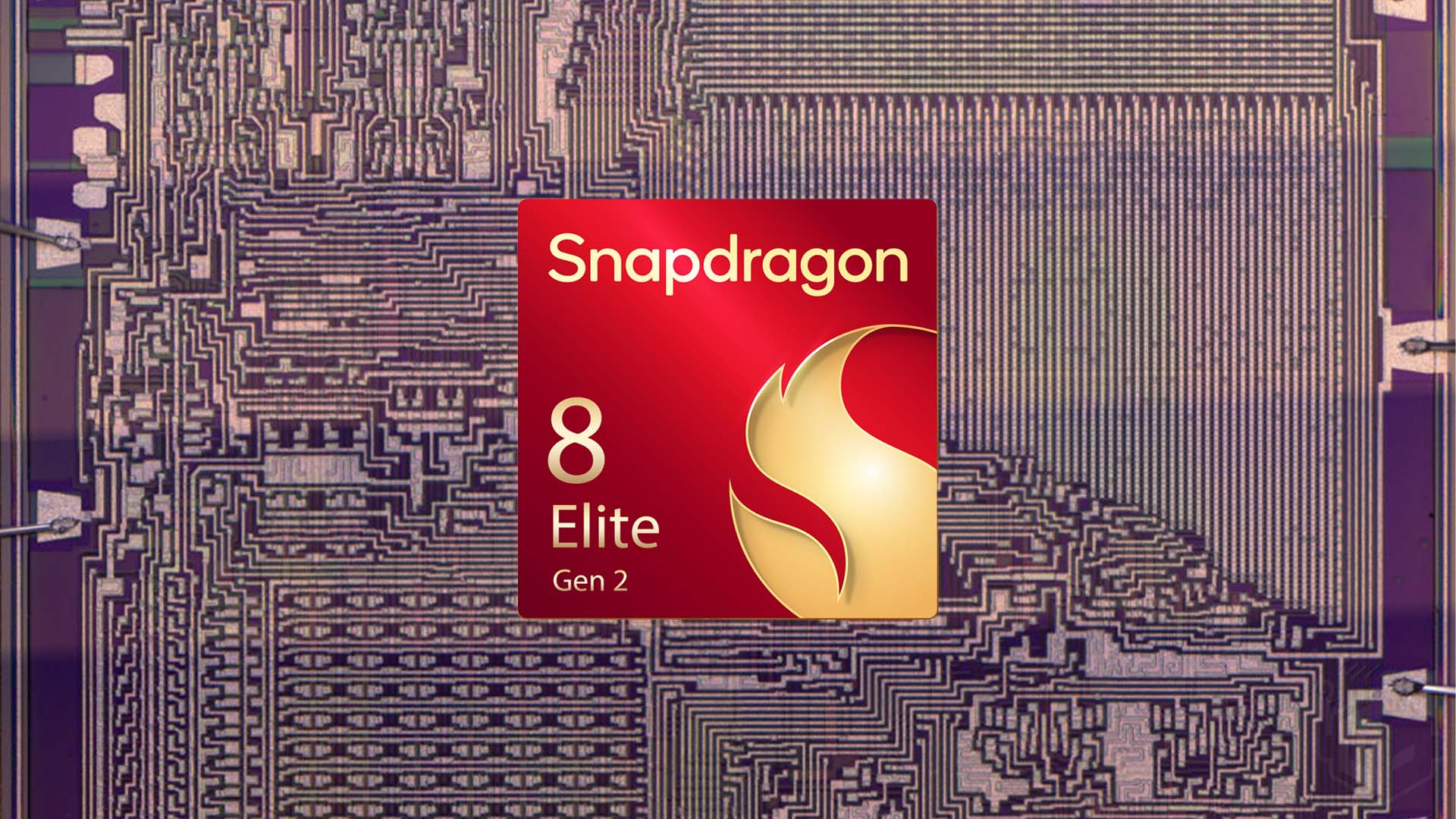
Qualcomm to Launch Snapdragon 8 Elite Gen 2
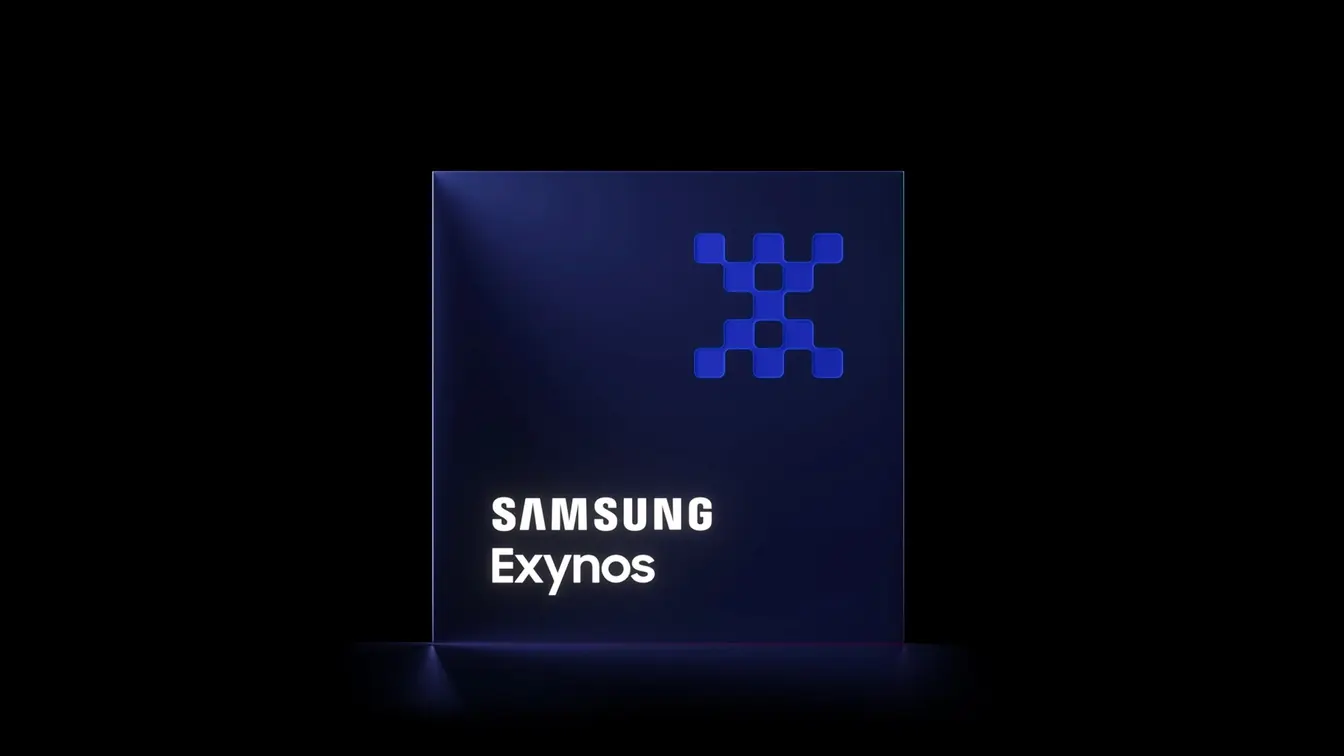
Exynos 2600 chip introduced for Galaxy S26

Diablo IV 2.4.0 PTR Preview

Framework Desktop revealed with innovative design
